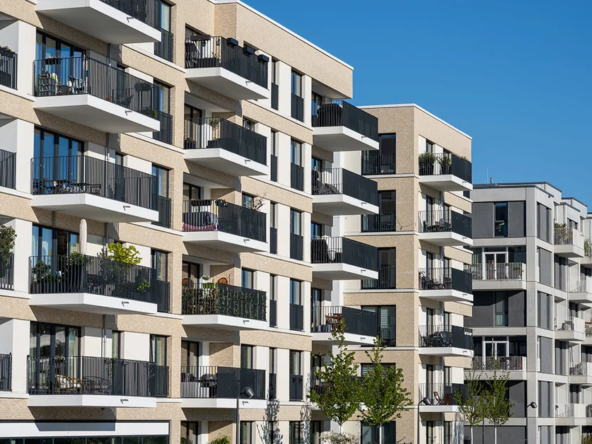Buying a property is a significant investment, requiring careful planning and thorough research. Whether you’re purchasing for personal use or investment purposes, considering the following factors will help you make an informed decision.
1. Location & Connectivity
The location of the property is one of the most crucial factors. Ensure it is in a well-developed area with easy access to roads, public transport, schools, hospitals, and commercial hubs. A well-connected property ensures convenience and higher resale value.
2. Budget & Financing
Determine your budget before beginning your property search. Consider additional expenses such as registration fees, stamp duty, maintenance costs, and loan EMIs. It’s advisable to get pre-approved for a home loan to streamline the buying process.
3. Legal Verification
Ensure the property has all necessary legal clearances, including title deeds, approvals from local authorities, and RERA registration. Verify that there are no legal disputes or encumbrances on the property.
4. Builder’s Reputation
For under-construction properties, research the builder’s reputation, past projects, and track record in terms of quality and timely delivery. Opting for a reputable developer minimizes risks associated with delays or fraud.
5. Infrastructure & Amenities
Check for essential infrastructure like water supply, electricity, sewage systems, and road connectivity. Modern amenities such as security, parking, parks, and recreational facilities add value to the property.
6. Future Growth Potential
Evaluate the area’s potential for appreciation based on upcoming infrastructure projects, commercial development, and urban planning.
7. Resale & Rental Value
Consider the property’s potential resale value and rental demand to ensure a good return on investment.
Thorough due diligence and careful planning will ensure a safe and profitable property purchase.




